Section Styles spotlight-header
I am a
BIOPROCESS ENGINEER
Ngoni Madungwe, PhD
Presented by the AMGEN FoundationIT TAKES A LOT OF STEPS TO GET life-saving medicine into the hands of patients.
As a Bioprocess Engineer, I help create the recipes to take medicines from development into production.
MY WORK SETTING
Indoor vs. Outdoor
I spend all of my time working inside at a desk or in a lab.
People vs. Alone
My work is mostly team oriented. We all perform our tasks as contribution to the team goals. It takes more than a village to develop medicines
Creative vs. Defined
My work space is very defined, but I have to think creatively about solving problems.
-
Imagine creating new medicines was like baking a cake. The scientists who developed the medicine can tell us what ingredients to use, but someone else needs to figure out how to mass produce it. That’s where I come in. I take the ingredients and study different conditions—like time and temperature—to write the recipe for how to mass produce new medicines safely, effectively, and efficiently.
-
I work with cells (like from your body), media (the liquid food for the cells), and bioreactors (a jar where the cells grow and make medicines). My job requires an understanding of genetics, cells, metabolism, and the purification process required to make medicines. Using a similar process, I work on molecules designed to solve many different diseases, including heart disease, inflammatory disease (like asthma), and different kinds of cancers.
-
When treating disease, it's important to develop medicines that address the issue, but it's also important to make sure those medicines can be produced safely and effectively at very large scales. A lot can go wrong in the process, like molecules that don't stay stable over time or lose their quality quickly. Even an amazing new medicine can't help patients if it can't be effectively reproduced and distributed. My experiments test the ways new medicines are made and how different processes impact how well it works. The goal is to ensure any new medicines released have consistent and safe outcomes for patients.
WHAT IMPACTED MEEssential Skills:
PATIENCE
My job requires precision. Precision requires patience. Protecting patients means making sure I take the time to follow all of the necessary steps involved.
DETERMINATION
Failed experiments are part of my work. Every failure gets me closer to the right answer. I have to be determined to not give up until I find that answer.
COMMUNICATION
What I do impacts lives. That means I need to excel in communicating my findings so that the people involved on the manufacturing side are clear about what steps they need to take to be successful.
WRITING
A lot of my job involves writing, whether it’s sharing findings with others or preparing documentation that effectively communicates my processes.
Days in the Life
Come along and explore what three days at my job might look like!
DAYS IN THE LIFE
How I Work
Check out what my place of work looks like on an average day.
This is what my workspace looks like!
Diplomas. I’ve worked hard to build the skills I need to do work I care about.
Backpack. I love working on pen and paper, and keep a backpack on me often.
Books. I’m constantly reading and learning about things that are both directly and indirectly related to my work.
Speakers. I love listening to muisc and am really into audio books right now.
Art. I like having pieces that remind me of where I’m from and of my adventures.

Did you know...Some new medications work in the lab, but never make it to our pharmacy shelves.
Imagine discovering a potion in your science class that can cure headaches instantly, but when you try to bring it home, it evaporates before you even leave the building. In biomedical research labs, that would mean your potion was “unstable” and might not be suitable for mass distribution unless you can figure out how to keep it stable.
This kind of thing can happen with medications that scientists create in labs. They may work perfectly under controlled conditions, but in the real world, they face challenges like temperature changes, light exposure, or humidity, which can change the way they function. This is why it’s not just the initial science, but also the process for making and distributing a medicine that’s so important. A “stable” medication is one that can be mass-produced and distributed without uncertain conditions making it less safe or effective. For example, the antibiotic penicillin was initially unstable in its natural form and required significant refinement before it could be widely used.
Some treatments may require specific delivery methods, like a pill form versus a shot, in order to be effective. Others may require specific environments, like refrigeration. Just like how your favorite fruits spoil if left out too long, some medications lose their effectiveness quickly if not crafted perfectly. These two parts of the process—initial discovery and process development—require distinct sets of skills. That’s why some scientists focus on discovering new potential treatments, while many others focus on testing ways for potential treatments to actually reach the patients who need them. It’s like the difference between the person who comes up with a recipe versus the person who figures out how to turn that recipe into a meal that can be distributed to supermarkets around the world.
Even when a medication is stable and doesn't need to be used fresh, scaling up from a lab experiment to mass production can be like trying to bake a million cakes in your kitchen. The science might be sound, but the process just doesn’t make sense for the goals. That’s why hundreds of potential treatments have been discovered that no one has been able to safely and effectively deliver to those in need… yet.
Rewarding
These are the parts of my job I find particularly rewarding.
Understanding the science behind the medicine we take and knowing how they work to heal.
Getting approval for a medication that you’ve been working on, so that patients will be able to use it.
But everyone is different! Drag the circles to place them where you rate them.
Challenging
These are the parts of my job I find particularly challenging.
Accepting that I’m not always going to be the smartest person in the room, but I’ll always have a chance to learn!
Working hard on multiple projects, knowing only some will be successful.
Section Styles movable
These are the people I work with:
Researchers
There’s a team of researchers who do the initial pre-human studies or clinical studies. I may not work directly with them, but I use their work daily in my job.
Engineers and Scientists
The engineers do the work of determining the formulation of the drug before handing it to me to determine a process for how to produce it.
Manufacturers
They take the recipe I provide and mass produce the drug for distribution to the people who need it most.
WHAT’S NEXT?
Exciting emerging possibility.
Safely manufacturing medicine and keeping it stable can be difficult. Over the next few decades, it could become a lot easier.
New technologies are improving our processes every day.
Science is fast paced, with new discoveries being made all the time. Many promising drugs are just sitting there because they either cannot be made safely or cannot be stabilized. As our technology improves, something could be discovered that finally makes it possible to get those medicines out into the world. Every step gets us closer to finding a cure to a variety of diseases that will save patient’s lives.
Looking for teacher resources?
PHOTOGRAPHER: Chris Disario • Illustrator: Nicole Medina© 2024 THE PLENARY, CO. ALL RIGHTS RESERVED. TERMS. PRIVACY.This is a brand new site! See an issue? Let us know.



















